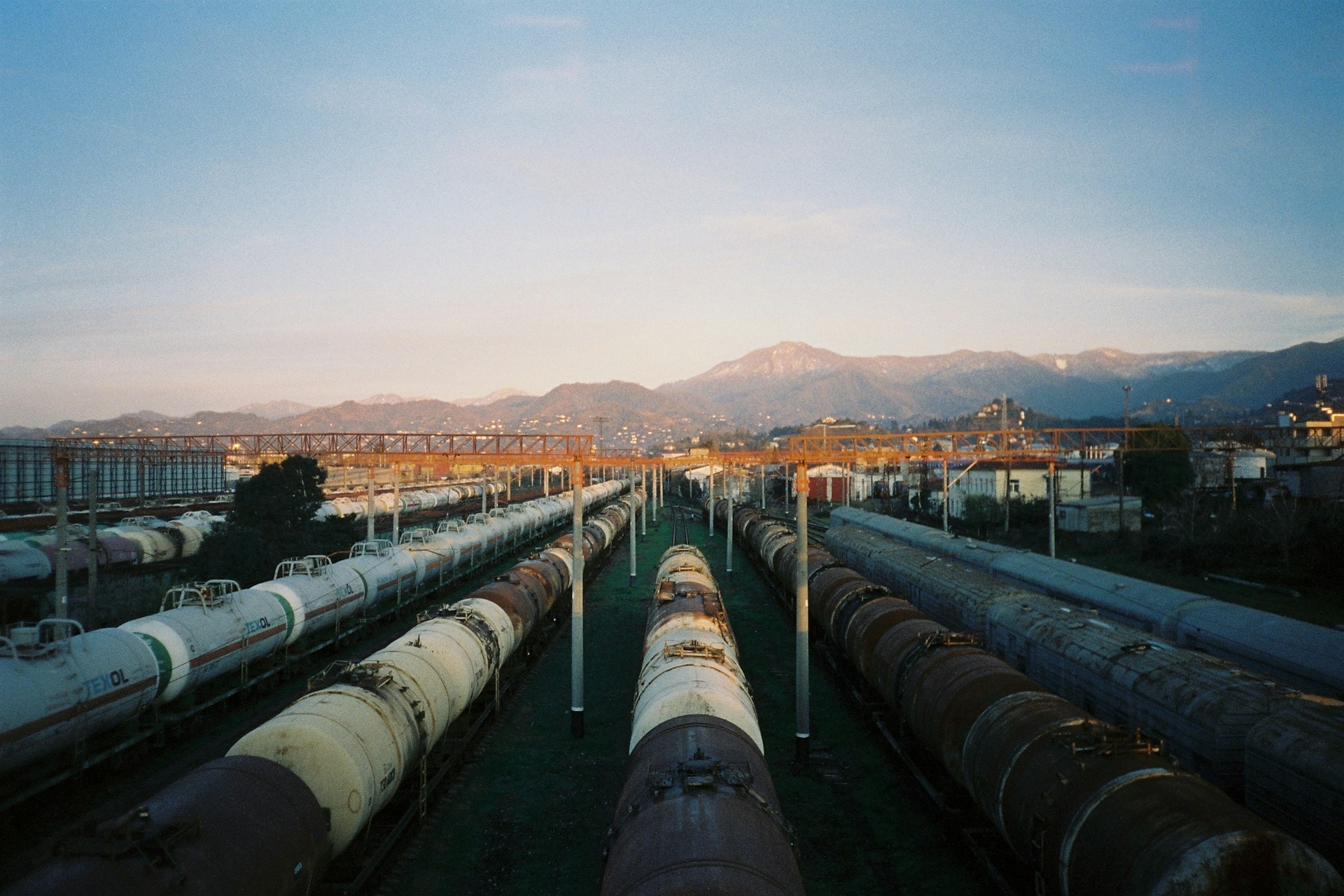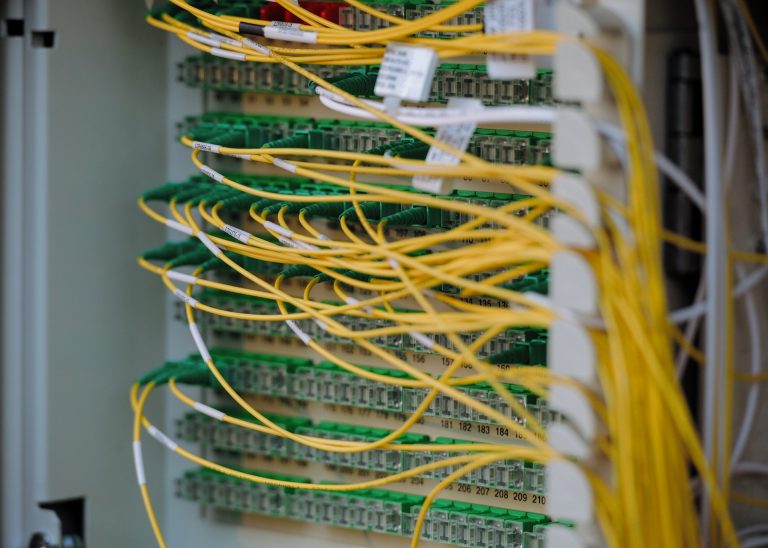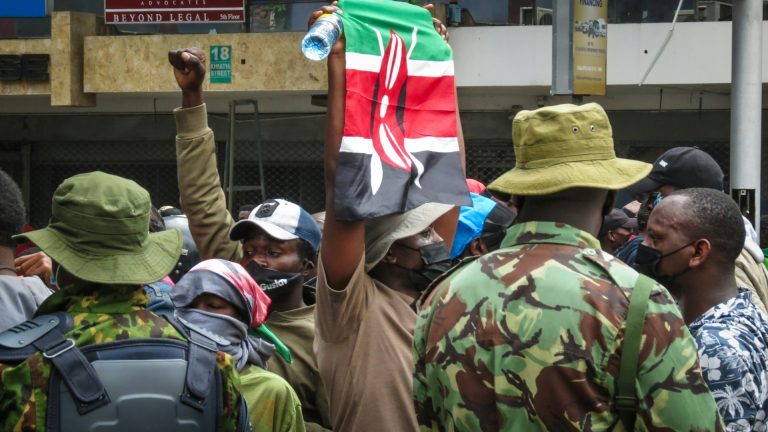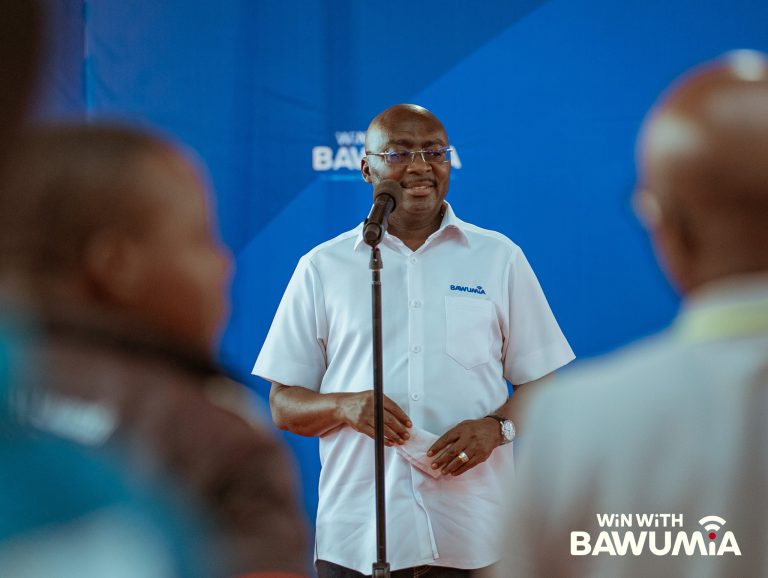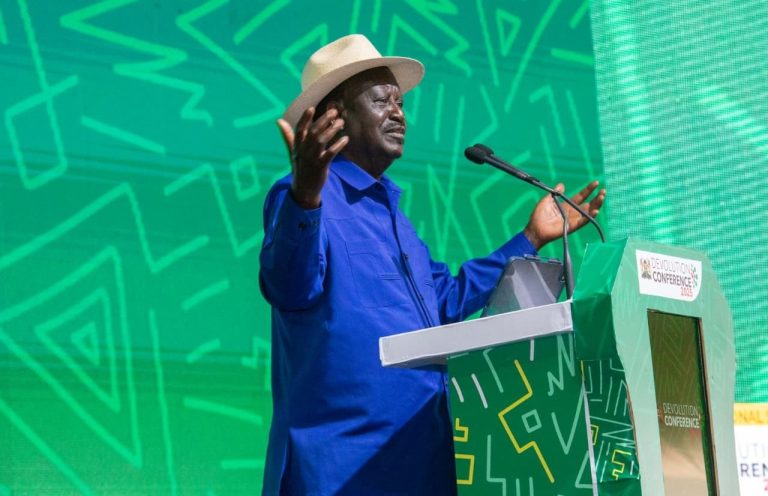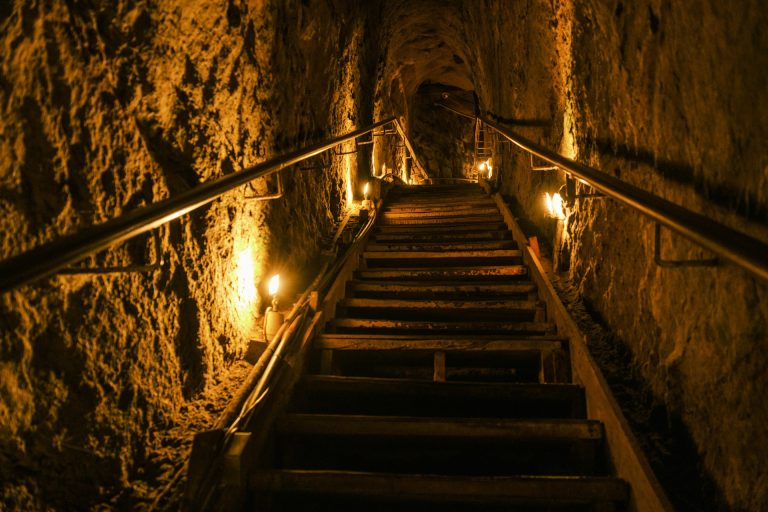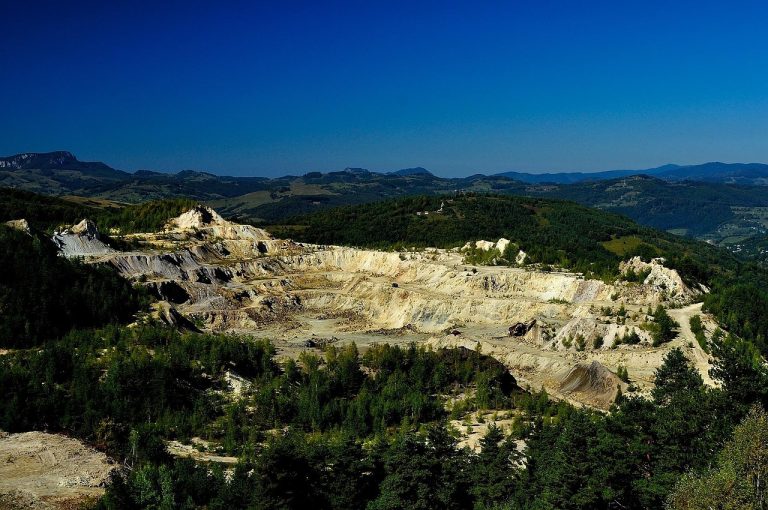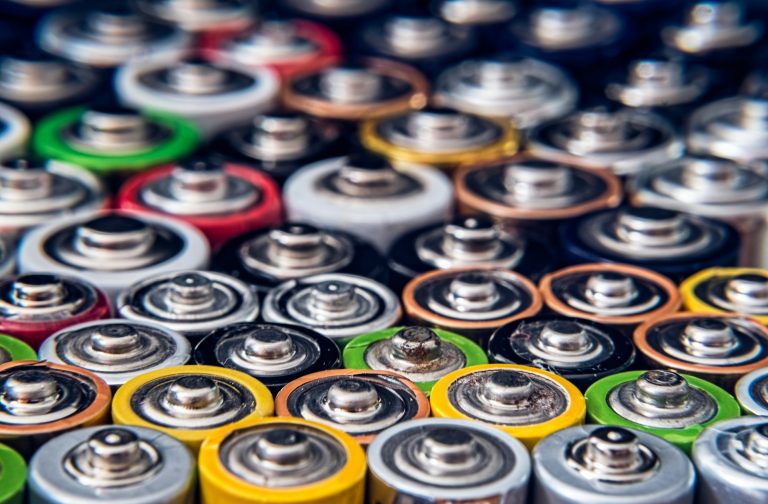- Rwanda to open $44m LPG depot to boost energy security
- New facility to store gas reserves covering two months’ demand
KIGALI, RWANDA – Rwanda will commission its $44 million Liquefied Petroleum Gas (LPG) storage facility in January 2026, aiming to strengthen the country’s energy security and stabilise fuel supply disruptions.
The depot, among the largest in the nation, is financed by Société Pétrolière Ltd (SP), Rwanda’s biggest integrated oil marketing company. SP imports and distributes petroleum products including fuel, lubricants and LPG across the country.
Officials say the facility will be able to store enough gas reserves to meet Rwanda’s national demand for two months, helping cushion the economy against global price volatility and regional supply chain delays.
“The depot consists of two main sections, a top platform which has already been completed and a bottom platform where the long-term LPG storage spheres are being built,” said Claudien Habimana, Managing Director of SP Petroleum.
Building resilience against regional shocks
Rwanda, which relies heavily on petroleum imports, has in the past faced fuel delivery disruptions caused by regional instability – from Tanzania’s post-election unrest to Kenya’s 2002 violence that affected key transport routes. Authorities say the new depot will provide a buffer against such shocks.
Once the second phase is completed mid next year, the strategic facility will have the capacity to store up to 9,000 tonnes of LPG – an increase from the initially planned 8,500 tonnes. With the country’s monthly consumption estimated at around 5,000 tonnes, the depot’s storage levels can sustain demand for roughly two months.
“This capacity gives Rwanda breathing space in the event of external disruptions,” Habimana said, adding that the government is constructing access roads to ease the movement of petroleum products to and from the site.
The new depot is also expected to supply bulk fuel deliveries to commercial and industrial customers, including heavy fuel oil contracts for Rwanda’s power plants.
Clean energy transition
Rwanda’s broader energy strategy is focused on transitioning to a cleaner, more reliable mix by expanding solar, hydro, and methane gas resources while promoting off-grid access to rural households.
In a related initiative, Rwanda has partnered with Saudi Arabia under the Middle East Green Initiative (MGI) to provide 50,000 affordable LPG kits to local households over the next 18 months — a move aimed at reducing biomass use and improving public health.
As Habimana put it, the LPG project marks “a major milestone in securing Rwanda’s energy future” and advancing the government’s goal of sustainable, modern energy for all.
